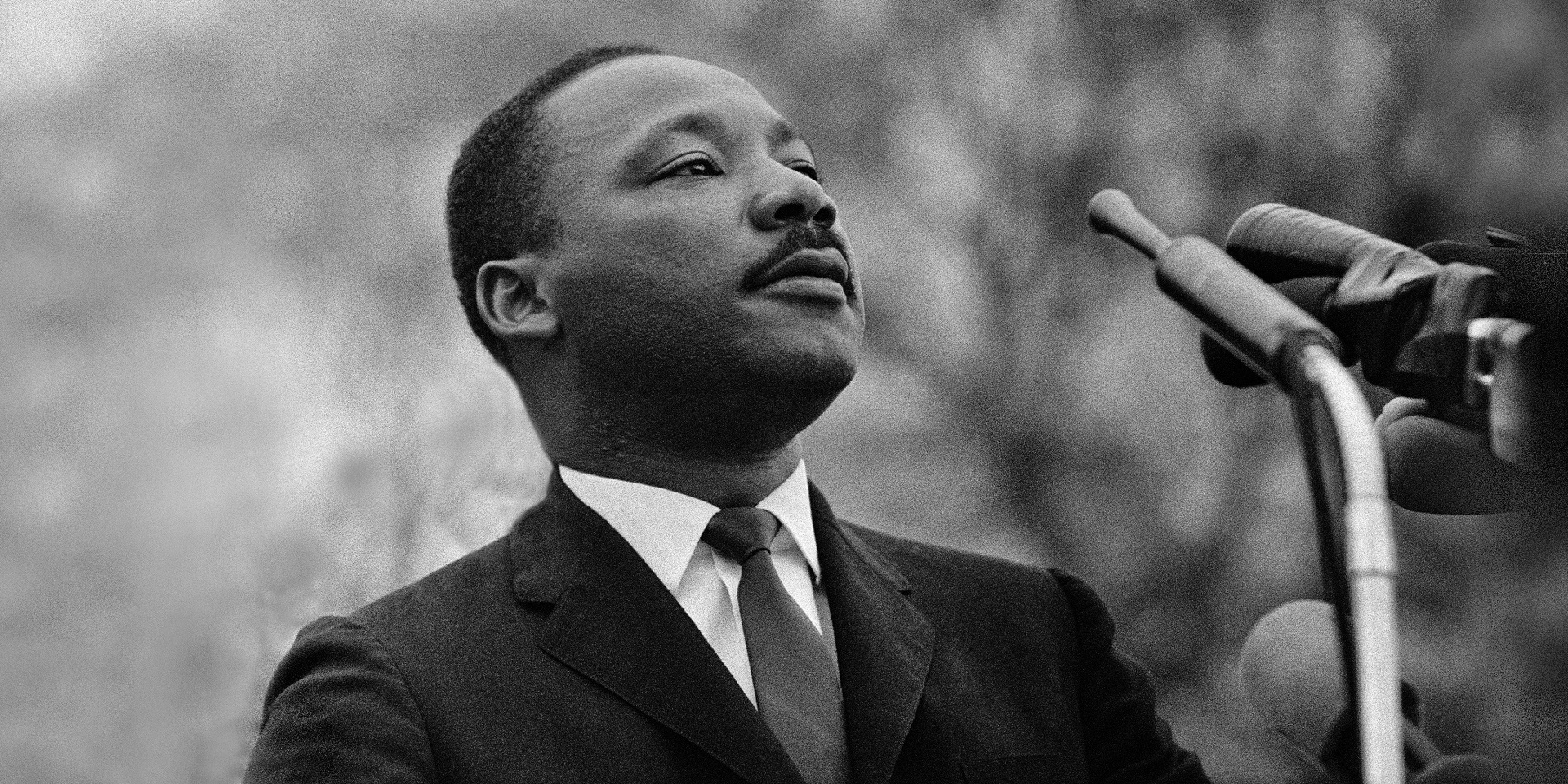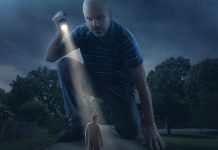On August 28, 2011, when the Martin Luther King, Jr. Memorial was opened to the public in Washington D.C., 48 years had passed since the famous “I have a dream” speech by the young African-American Baptist pastor.
According to the autopsy after his assassination at the age of 39, Martin Luther King, Jr. had the heart of a 60-year-old man. It was probably the price paid for the stress he endured during the thirteen years of fighting injustice and the inequality of rights in the United States. The 1955 boycott of buses and the struggle for the rights of African-Americans have been Dr. King’s legacy over the years.
Although historically his achievements have been crucial, the most precious legacy Dr. King left to mankind is rather his deep religious conviction. His actions, which have gone down in history, were deeply rooted in his belief that God’s will on earth means justice for all people. He believed that a religion only interested in the human soul and not concerned with the shortcomings and social conditions that condemn people to a miserable life is a dying religion awaiting burial.
From the perspective of this motivation, Martin Luther King, Jr. is part of a unique series of men throughout history, scholars of their time (Wycliffe in England, Hus and Jerome in Bohemia, Luther in Germany, etc.), who, driven by the powerful fire of faith, fought—even at the cost of their own lives—to give hope to those around them.
Their way of thinking is perfectly illustrated by the metaphorical words spoken by King in his last speech, the day before he was killed on April 4, 1968:
“Like any man, I would like to live a long life. Longevity has its place. But I’m not concerned about that now. I just want to do God’s will. And He’s allowed me to go up to the mountain. And I’ve looked over. And I’ve seen the promised land. I may not get there with you. But I want you to know tonight, that we, as a people, will get to the promised land. And I’m happy tonight. I’m not worried about anything. I’m not fearing any man. Mine eyes have seen the glory of the coming of the Lord.”
The transcendental vision of life as an opportunity to fulfil God’s plans for the world is what Wycliffe, Hus, Jerome, Luther, King and many others had in common. This nurtured their steadfastness of purpose, their morality, and ultimately their altruism and willingness to sacrifice, and yet it was not this that made them famous. They themselves never considered their vision to have merit of its own, but the result of a divine blessing available to all people. If they could be asked, they would answer without hesitation that it is God’s providence that made them famous, because He raised them and used them in a time, context, and manner that changed history.
Today, the 30-foot statue of Dr. King is surrounded in the sanctuary of American history in Washington D.C. by the monuments of the emblematic presidents of America: Thomas Jefferson and Abraham Lincoln. However, history—willing to honour them as heroes and appreciate their achievements—does not consider the greatest desire these people had.
Hus, Jerome, or King did not want to be martyrs or go down in history. What they wanted was to change history, giving people a chance to change. They fought to awaken a living faith, the spirit of a new man, freed by Jesus Christ, willing and eager to do God’s will on earth.
I don’t think of Wycliffe, Luther, or King as people we need to change history. The combination of the steadfast characters of these people and our predominantly careerist and consumerist concerns did not make me think, first of all, about how much the world would change through the birth of others like them, but about how different people and life itself become when the vision has something transcendental in it.
Such heroes have something that none of us should lack—not their talents, nor their historical achievements, or their glory, but the spiritual clarity of their vision on life. This is definitely the only thing they wanted to pass on.
Norel Iacob is the editor-in-chief of The Signs of the Times Romania and ST Network.



















